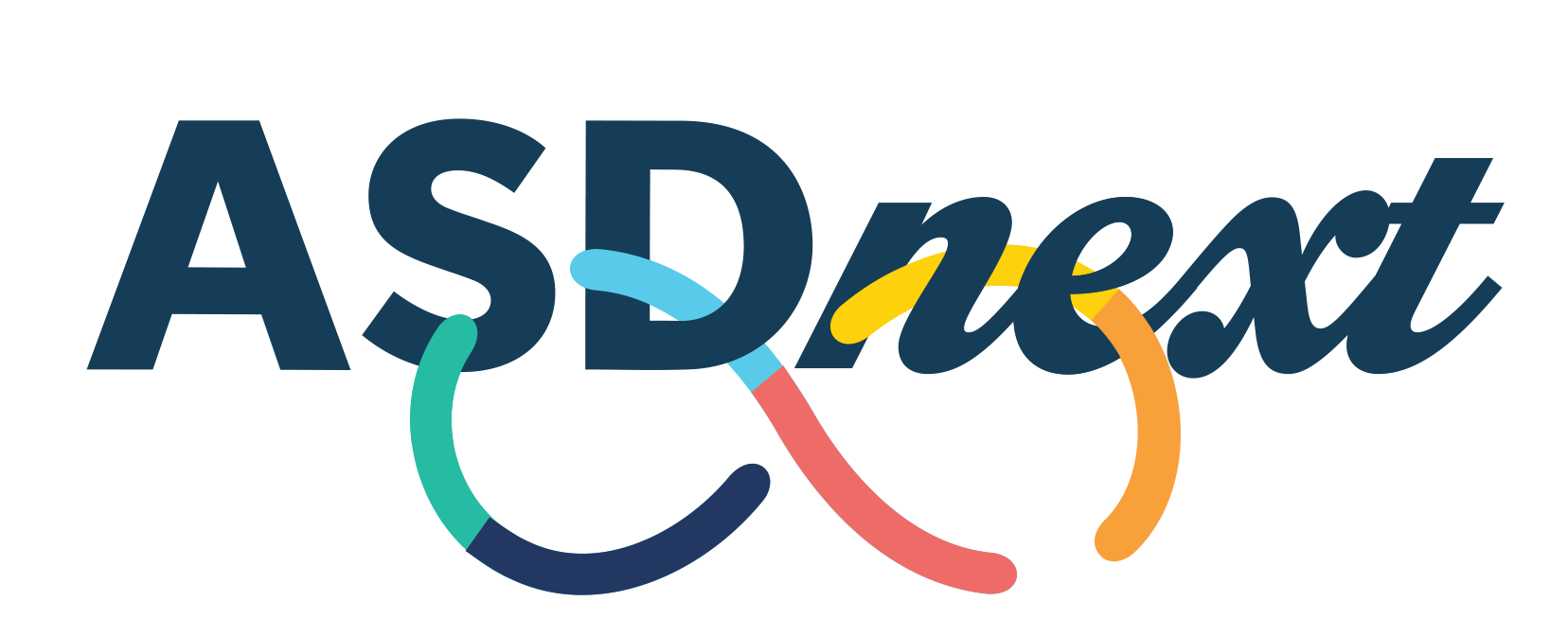Rachel is a Jewish bisexual autistic woman (she/her) with ADHD in her twenties. She loves writing and can always be found with her nose in a book! Her plan for the future is to earn her Psy. D. in clinical psychology. This interested in psychology started as a way to help her understand people better and to figure out what it was about others I kept not getting. It is also something deeply linked with her self-advocacy. There is a gap in communication between the autistic community and providers, and she want to help bridge it and challenge others to see things from different perspectives.
View all postsThe Joy of Little Conversations

Posted on
As I make the transition from spending most of my days on a suburban cul-de-sac to living in the big city, I have to adjust to all the little day-to-day interactions I now have with other people. Complete strangers, with whom I may only exchange a few words in passing.
Back at my parents’ house, days would go by when I would only really interact with the two of them (and our cats). If I wasn’t going into Philly for work, I often wouldn’t leave the house at all. And if I was leaving the house, it was usually with at least one of my parents. Accompanying my dad to the grocery store was one of my most common trips into the outside world.
When you live in a city, you are constantly bumping (usually metaphorical) shoulders with so many people daily. It’s unavoidable. Even stepping onto the sidewalk outside my apartment building, I’m greeted by the inevitable pedestrian making their way past. Or I exchange a nod with one of the construction workers who always seem to be doing… something somewhere on the street (it’s a Pittsburgh special). Even on the most deserted backstreet, my solitude bubble can easily be popped by a random jogger emerging out of the ether. People are, inevitably, everywhere.
I know that for most of us on the spectrum, me included, day-to-day interactions with others can feel like a minefield. I’ll be the first to admit there’s plenty that’s unpleasant in the brief encounters with strangers that you have no choice but to endure. There’s a reason I’m quick to head for the self-checkout line whenever I go grocery shopping. Or why I beeline directly for the self-service kiosks at many a fast-food joint, acting as if I don’t see the perfectly available employee at the counter.
Strangers can often seem so quick to judge, not knowing us. And not knowing them, we’ll never have the chance to explain ourselves. There’s little more infuriating or embarrassing than criticism delivered by a passing bystander, which so often comes when we are already not at our best. Or even just the knowledge that an unfortunate faux pas was witnessed by others can cause it to linger so much longer in our minds.
Social interaction does not come naturally when you’re on the autism spectrum. Nothing comes automatically. Or if it does come automatically now, that’s only a reflex that was honed through strict practice. And a single unexpected moment could still derail anything you might have perfectly rehearsed. Is it any wonder so many of us call day-to-day social interactions exhausting?
Oftentimes, painfully copious amounts of thought have to be put into each social interaction when you’re on the spectrum, even minor ones. Masking requires sustained effort. It’s why we’re so drained after a whole day of doing it.
Yet, despite all of this, I don’t find myself dreading day-to-day interactions with strangers all the time.
One thing I’ve noticed, as I’ve encountered other people in my new city, is how much attention I pay to these small interactions that many others would write off as meaningless.
There’s a semi-popular joke in the autistic community, based on an alteration of an equally semi-popular meme: “I’m going to get a good grade in social interaction, something that is both normal to want and possible to achieve.”
But it’s true, isn’t it? That’s what a successful social interaction feels like, no matter how minor it is. At least, that’s how it feels to me.
When I exchange a pleasant joke with a barista, or if we happen to momentarily bond over some shared knowledge of tea, I could be riding the high from that little exchange for the rest of the day. I might turn it over in my mind later, marveling at how everything fell into place to make such an interaction seem so effortless in that moment. As much as I’m in danger of ruminating on negative one-offs with strangers, I’m frequently surprised at how much mileage I can get out of savoring the equally minor positive ones.
It’s something I think I do only because I’m autistic. Those tiny interactions only matter so much to me because I know I can’t take them for granted.
And I know most of the time those on the spectrum decry small talk as the joyless bane of our existence, but isn’t there something special to be found even in the most banal exchanges? When small talk isn’t such a small thing to you, doesn’t that mean you’re bringing a sense of mindfulness even to these fleeting moments? I can find real pride in just a successful exchange of pleasantries. Knowing a social interaction went well, no matter how small, leads me to reflect fondly on it. I treasure it even if it doesn’t mean much to the other person. It still matters to me.
Ruminating on these small positive moments, committing them to memory just as much as the ones that make me cringe, has a real positive effect on me as well.
Remembering those positive interactions and how they made me feel makes me less afraid to put myself out there. Trying to be social can come with a lot of risks when you struggle with rejection sensitive dysphoria (a common autistic symptom) like I do. But it helps when I can remember how good even these small exchanges make me feel. It can provide a little extra motivation when I need it most. When even something as simple as a woman in passing telling me she likes my bag can buoy me for the rest of the day, I know there’s a lot to be gained from keeping myself open to more social interactions.
I think staying more mindful of these little moments between us and strangers can have a lot of benefits, whether you’re autistic or not. Staying mindful of even the most mundane parts of life helps you better see the joy that can be found in the everyday. So, maybe, it’s a small blessing that being on the spectrum promotes that very sense of mindfulness in daily social interactions. Even if it can often feel more like a burden.
I’m not saying you should start trying to delight in every instance of boring small talk with a stranger, but focusing more on the positives of life will never do you any harm.
